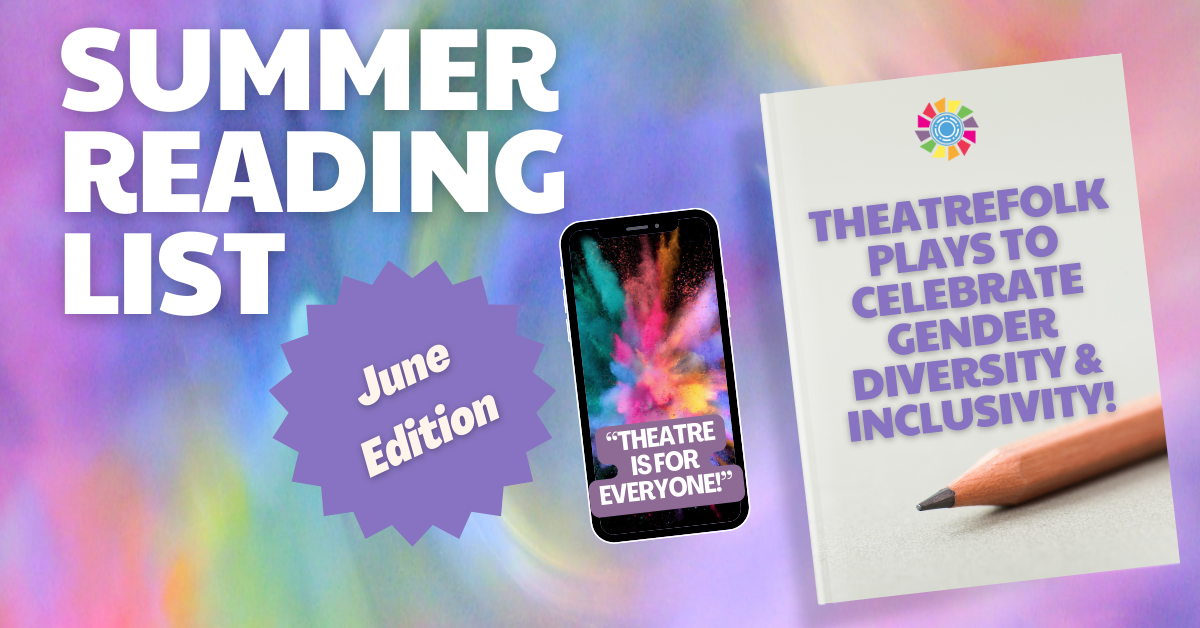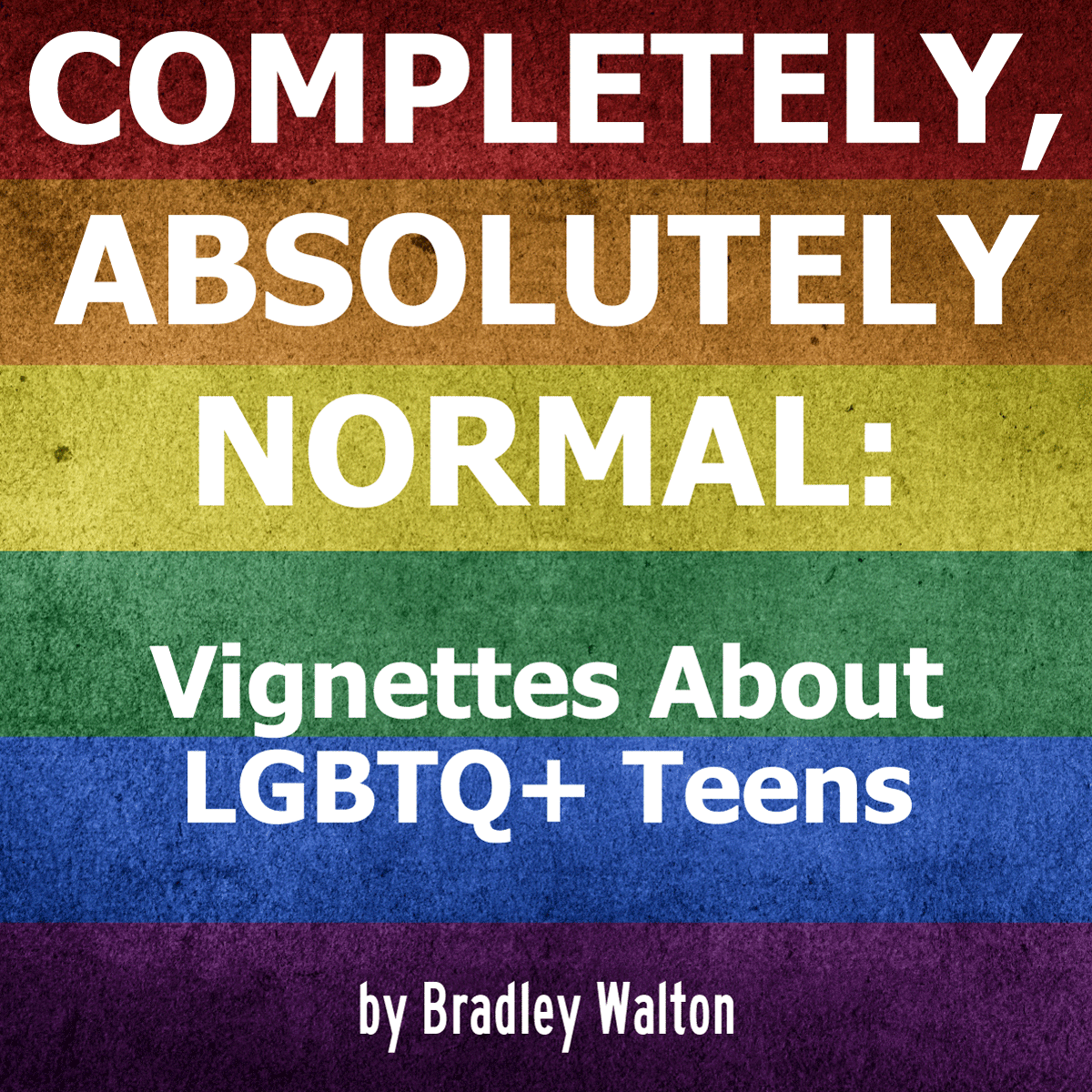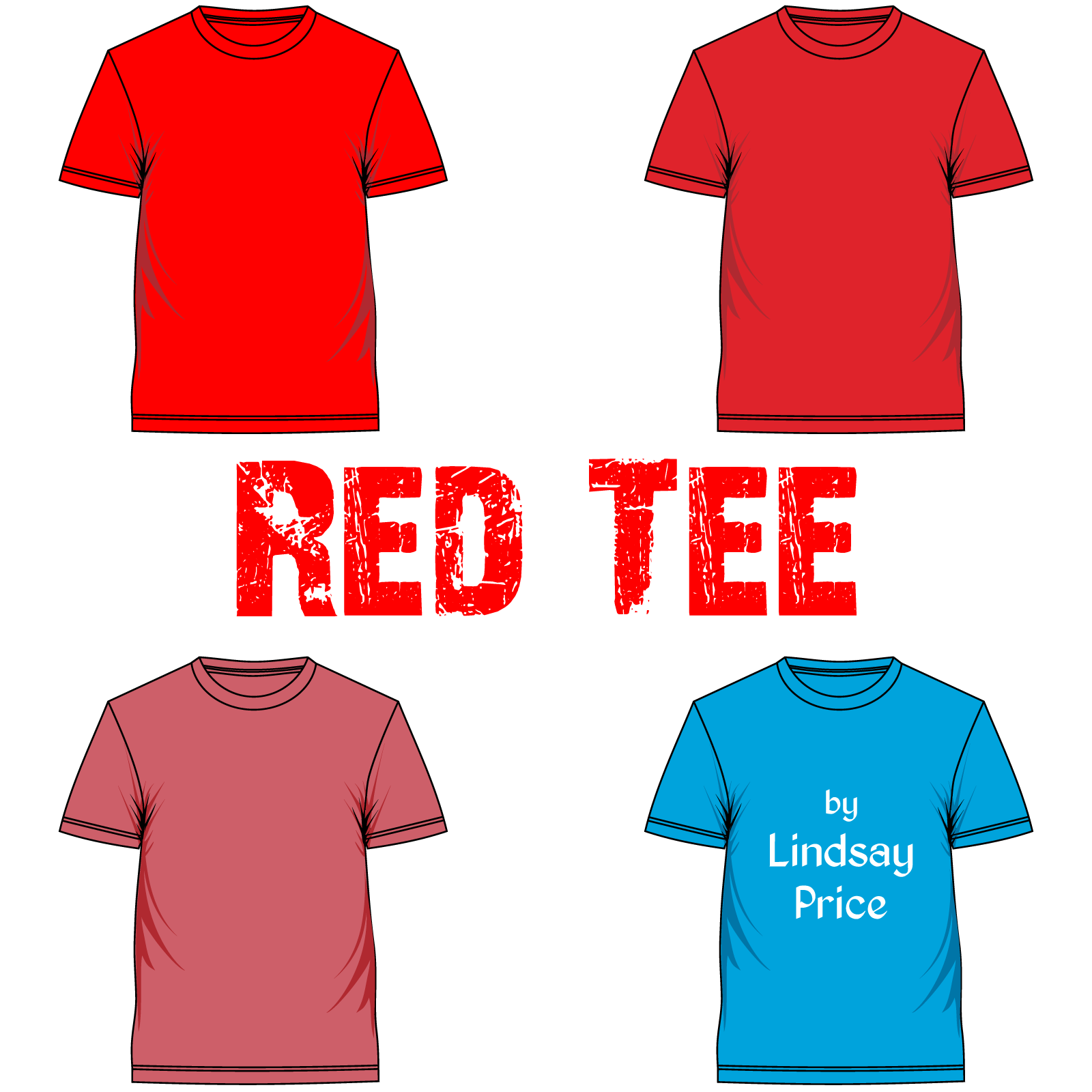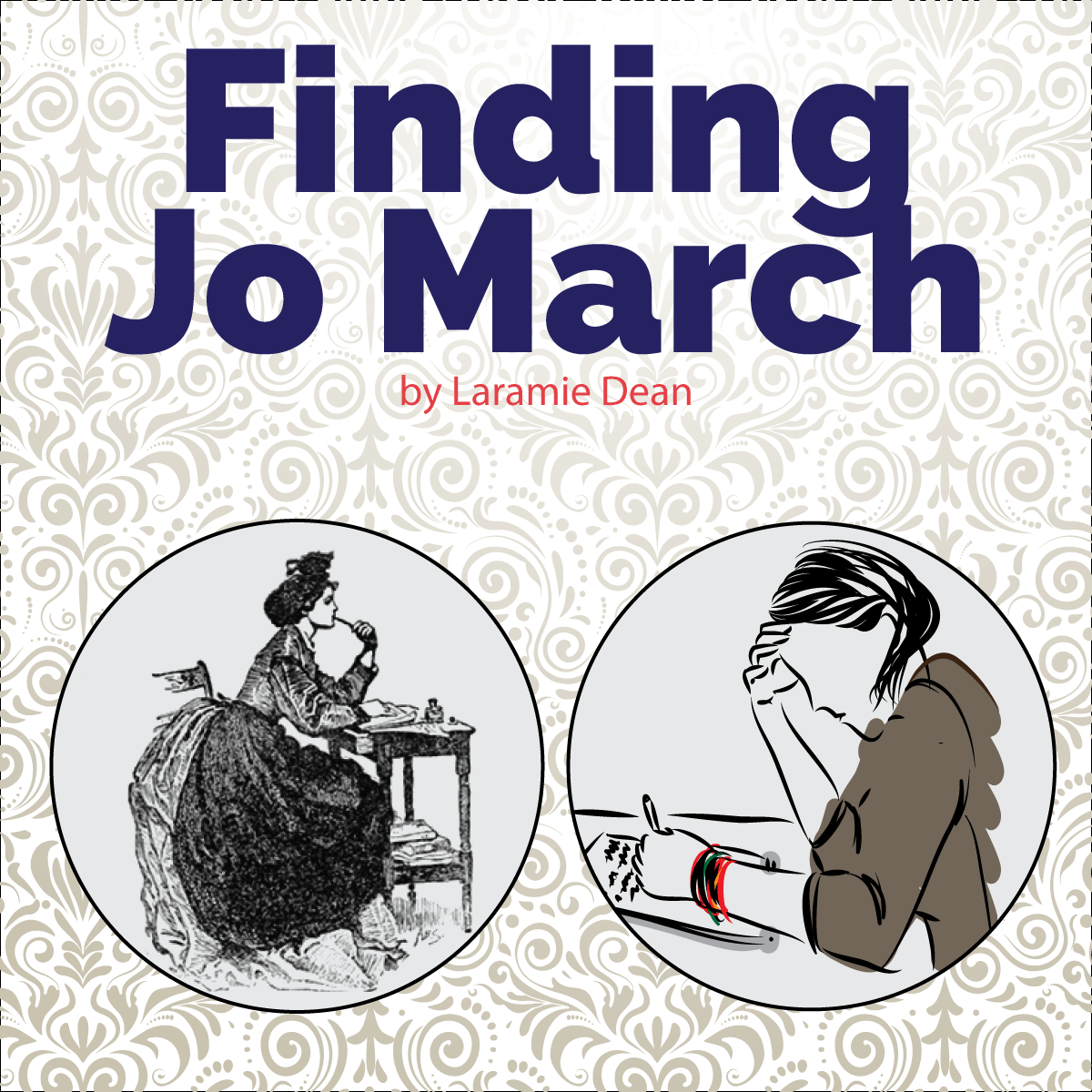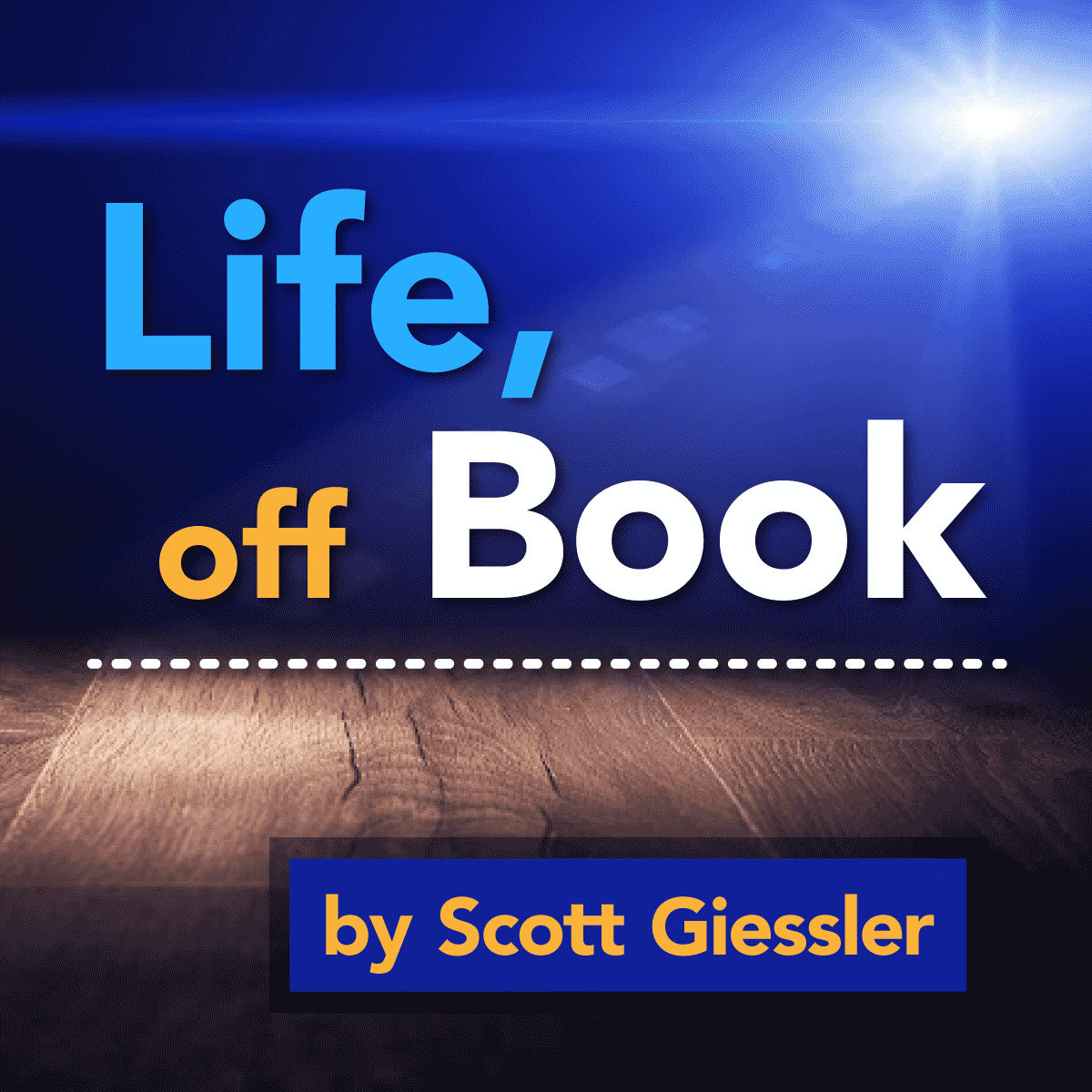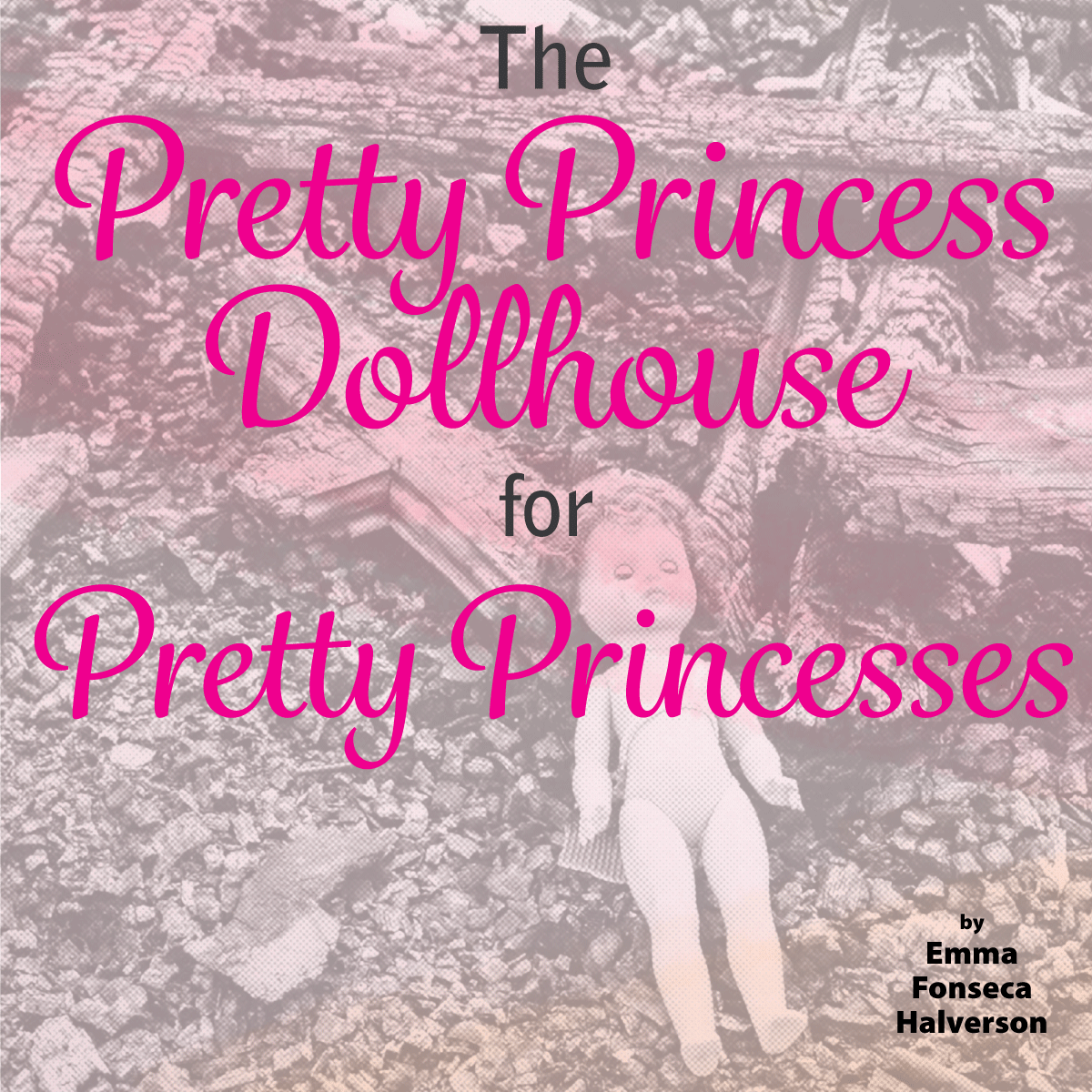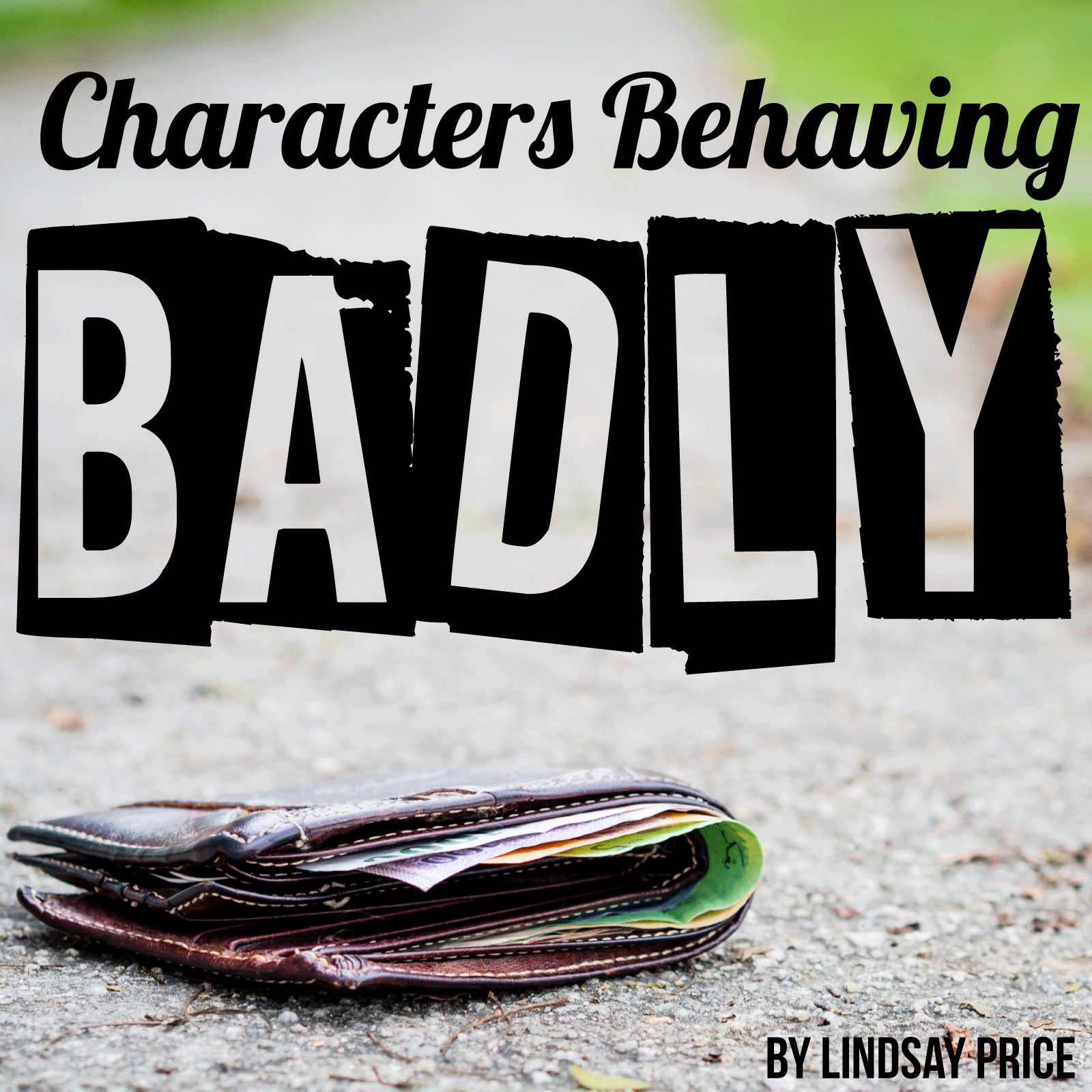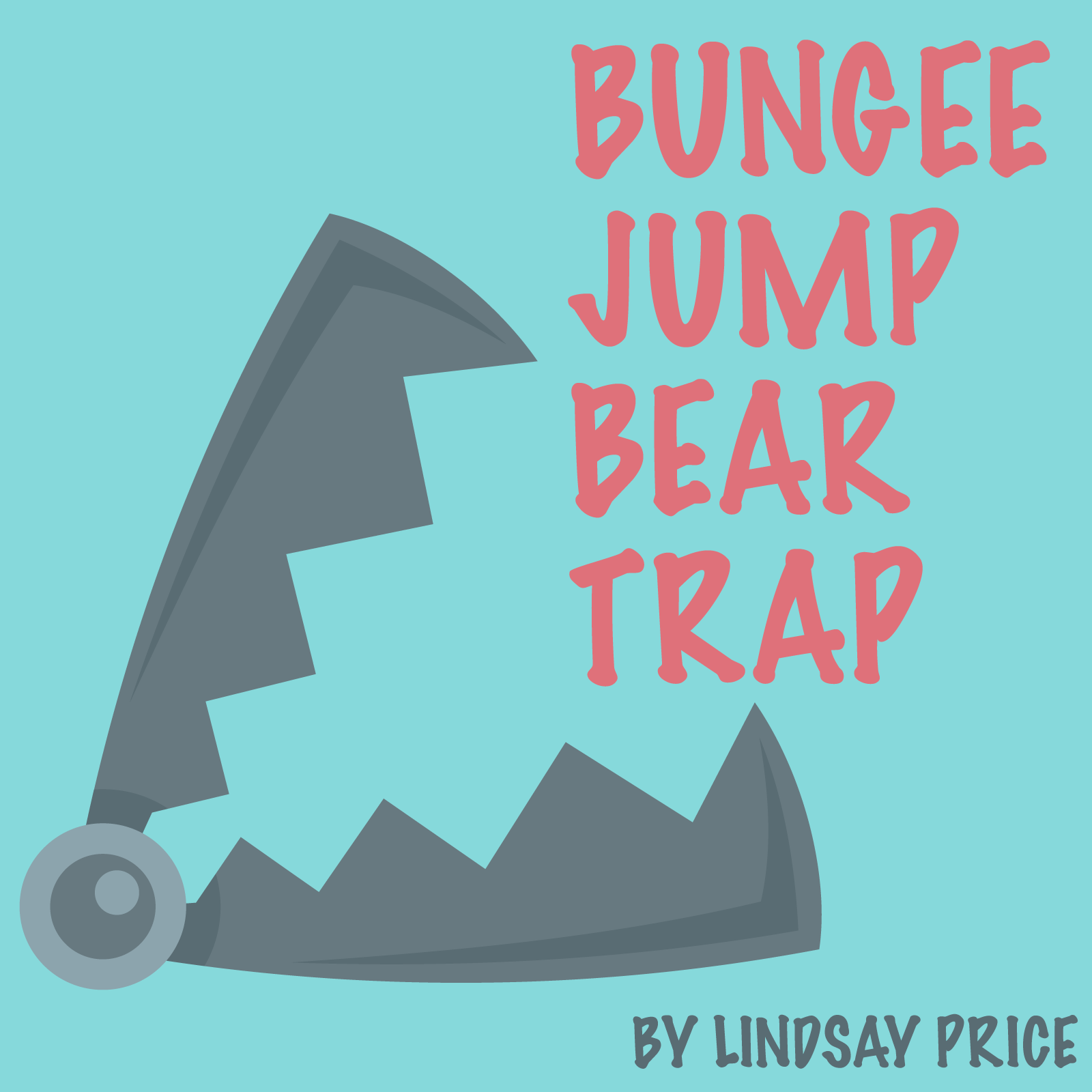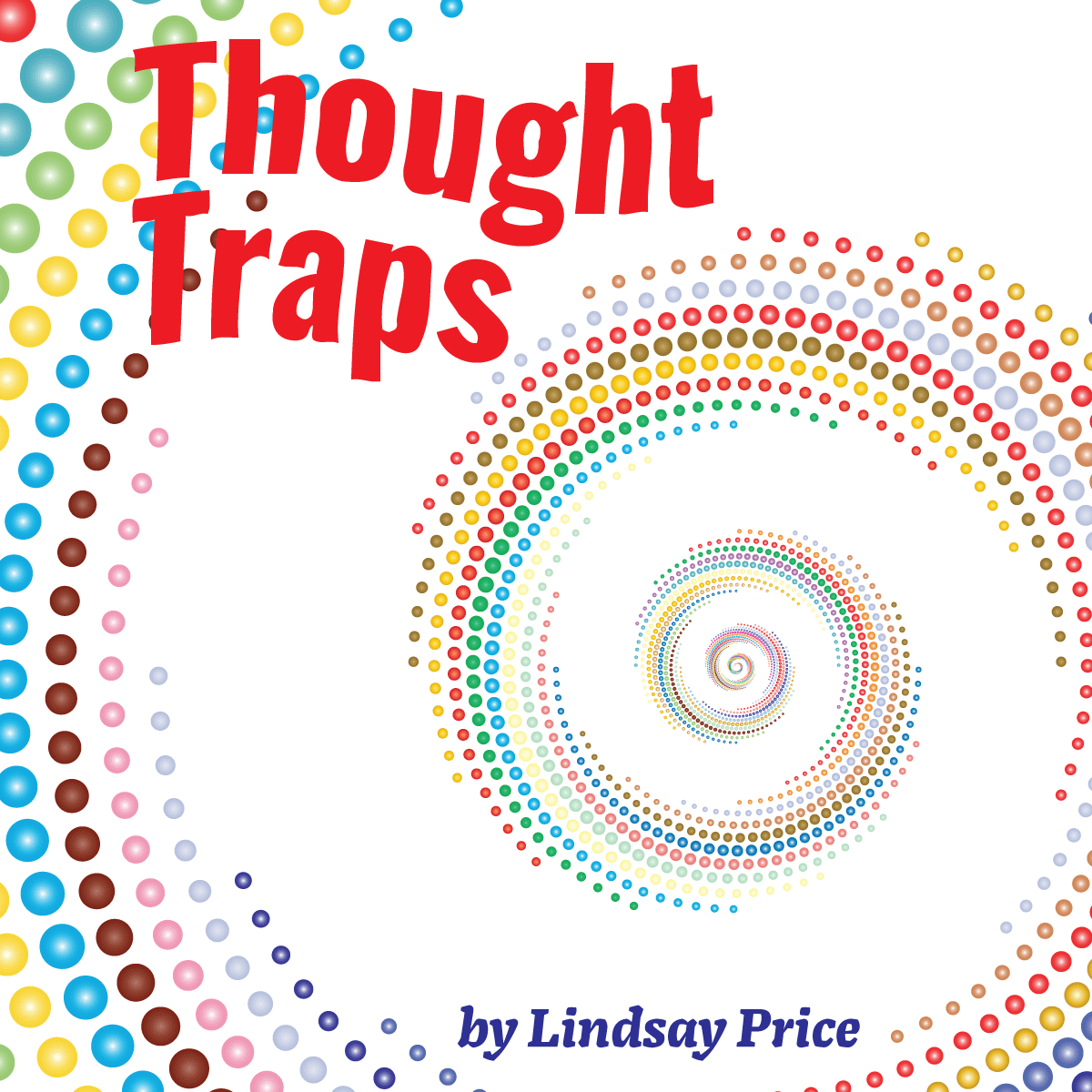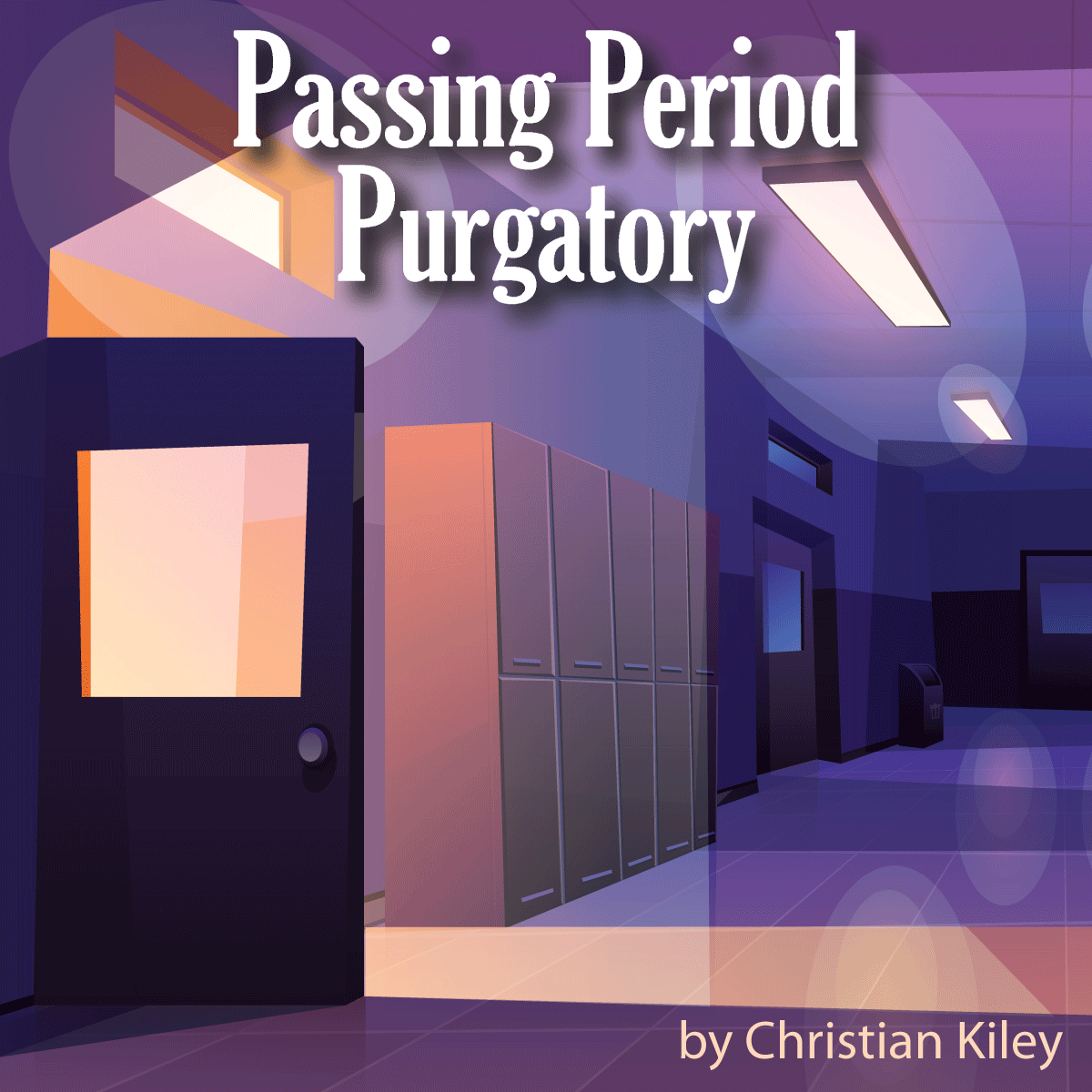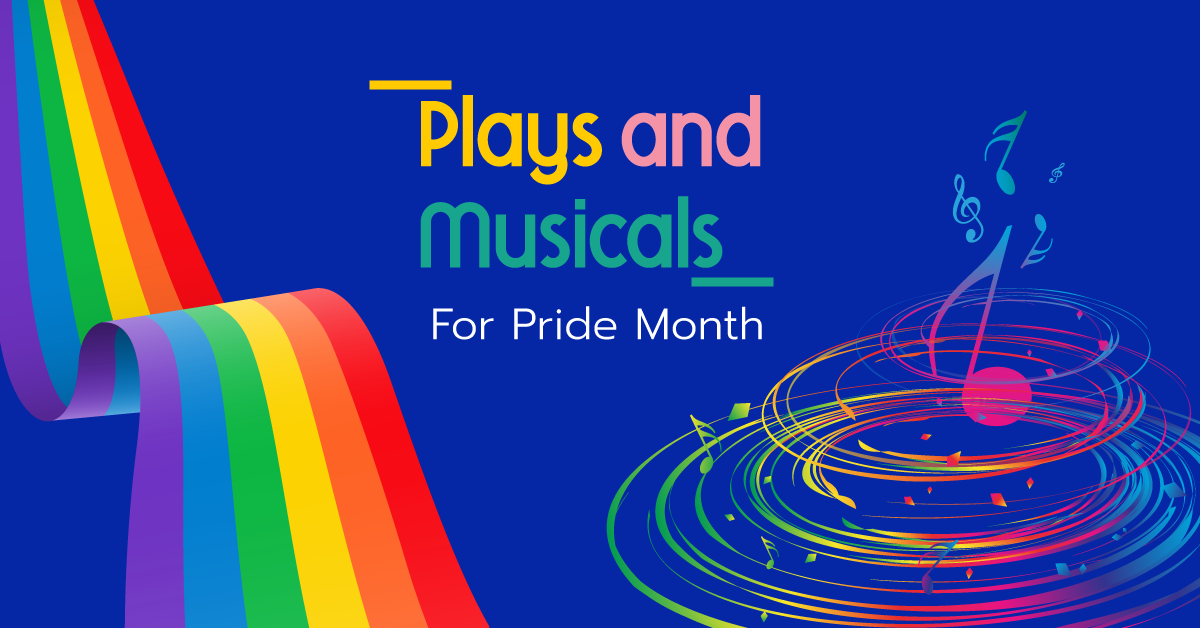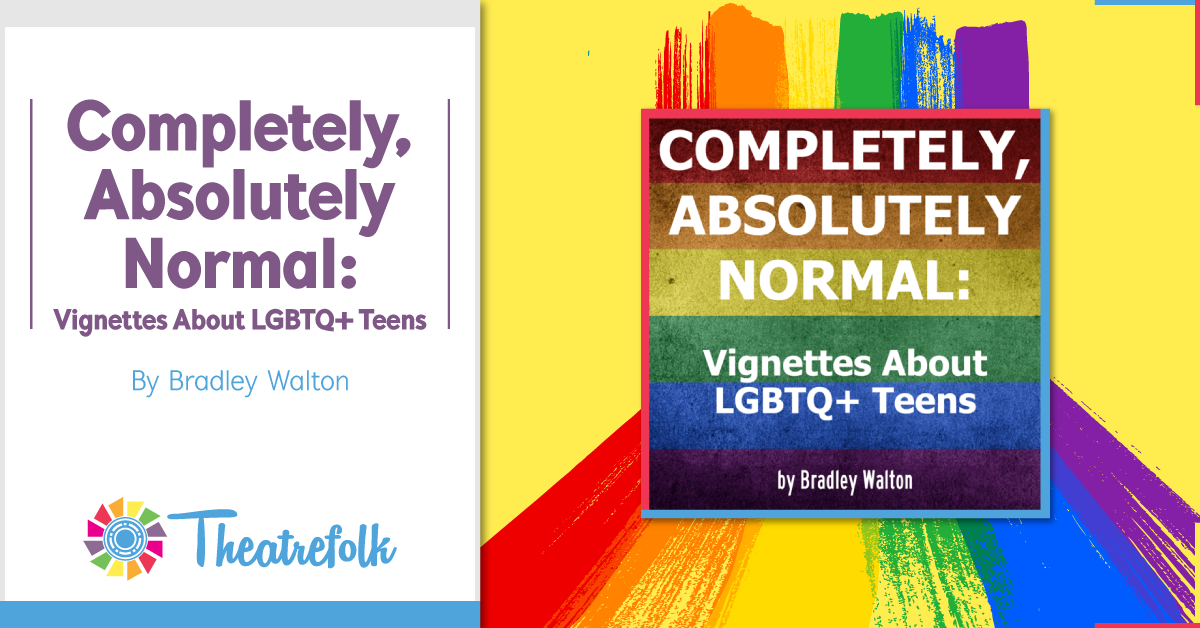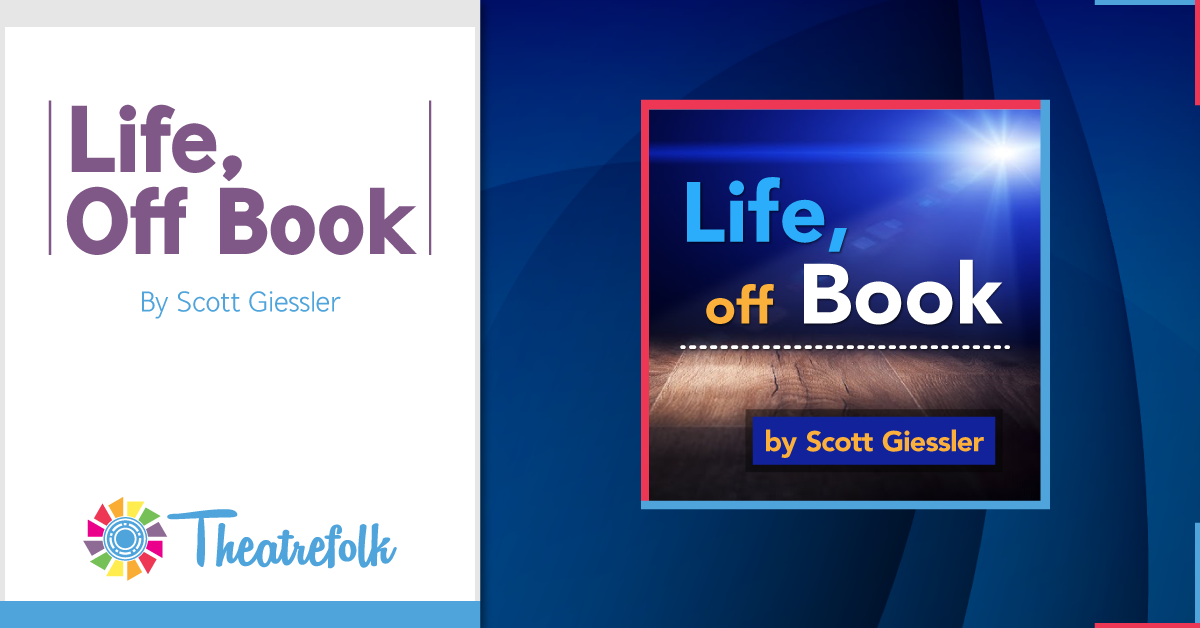June Reading List: Plays to Celebrate Gender Diversity & Inclusivity
As we start putting together this summer's reading list, how about diving into some amazing plays that celebrate gender diversity and inclusivity? There's a whole world of stories out there just waiting to be discovered, offering endless possibilities for your students to connect with powerful characters and inspiring narratives.
These plays are perfect for embracing the magic of diverse storytelling and will make a fantastic addition to your stage or classroom this summer!
A girl's big moment of coming out takes an unexpected turn. High school sweethearts holding hands in public for the first time are greeted by hatred. A transgender teen struggles with an unaccepting best friend.
Completely, Absolutely Normal: Vignettes About LGBTQ+ Teens: Ten interconnected vignettes with LGBTQ+ themes are unified by the emotion and humanity found in anyone who is completely, absolutely normal.
Gender, family patterns, traditions, labels… It’s time for role call. Who are you?
If you’ve been wearing red for generations, what happens when it doesn’t feel right? And what happens when everyone says you’re the one who’s wrong?
This vignette play examines questions of identity and what happens when someone doesn’t fit in the way everyone expects them to. Are you ready to have these conversations?
Red Tee: Flexible gender casting, flexible cast size, easy to stage.
You should know right away that this is not a traditional adaptation of Little Women.
A young writer dives into the world of Louisa May Alcott’s most famous novel in order to bring the story to life (with a little help from their friends). Suddenly the March sisters are back, and the writer is one of them… Jo! But as the lives and loves of Meg, Jo, Beth, and Amy unfold, the present constantly threatens to pull the writer back into reality where a tragedy they have yet to deal with waits.
Finding Jo March: It’s about telling someone else’s story so you can find your own.
Ophelia and Jeb have a relationship that's like a well-built theatre set. It looks great on the outside, but an empty shell on the inside. Ophelia is a phenomenal dancer and actress who's constantly afraid. Jeb is Ophelia’s mild mannered fake boyfriend who is also a closeted gay man. What happens when they have to tear themselves away from the script and live life off book?
Life, Off Book: Flexible cast with great opportunities for ensemble work, dancers and musicians. Don't have those? It can also be performed minimally.
Gabi wants to be a writer. Elena wants a family to love and a happy life.
Gabi wants doors – doors that open and allow her to leave. Gabi is suffering from metaphoric asthma. The walls are closing in and she can’t breathe. Elena knows the doors are there, she just doesn’t want to open them. She thinks the walls keep her safe. She thinks Gabi is living in a fantasy world.
The Pretty Princess Dollhouse for Pretty Princesses: Two friends, on the verge of their adult life, realize they have very different viewpoints on how they want to live. Excellent scene work for competition.
If you saw a wallet on the ground, bulging with money, and no one around, would you take it?
What’s the worst thing a person can do? Is it murder? Is it lying? Is it getting an A-? What defines “good” and “bad” behaviour? Can “good” people have “bad” thoughts?
The vignette play, Characters Behaving Badly, is perfect for class performances. It asks students to look at the concept of what it means to be “good” and “bad” and what it means to play a character with whom they might not agree.
Risk comes in many forms (skateboarding without a helmet) and fears (raising your hand in class). There are dumb risks (don’t bungee jump into a bear trap) and smart risks. Sometimes you need to leap without knowing what the outcome will be.
Is safety really as simple as duct taping pillows all over your body and never going outside? Join the characters in the vignette play, Bungee Jump Bear Trap, as they try to figure it all out.
Seriously though, stay away from bear traps.
In Thought Traps, Ariane walks around with her own personal black cloud. She throws up barriers, lashes out and refuses to tell anyone what she’s thinking.
Kate is the exact opposite. Happy, bubbly, outgoing and personable.
But even happy people have issues. And there are more similarities between the two teens: both Ariane and Kate deal with people from their past who invade their head space, and pull them into thought traps. Will either be able to set themselves free?
Sometimes the hardest part of school is getting from one class to the next. No one wants to make eye contact. No one wants to reach out when they see others in need. It’s toxic out there in the hallway of purgatory.
So what do we do? How can we look after others if we can’t even look after ourselves? In Passing Period Purgatory, you might be late for class, but you’re on time for the meaningful change that’s going to take place.
Are you willing to stand up?
